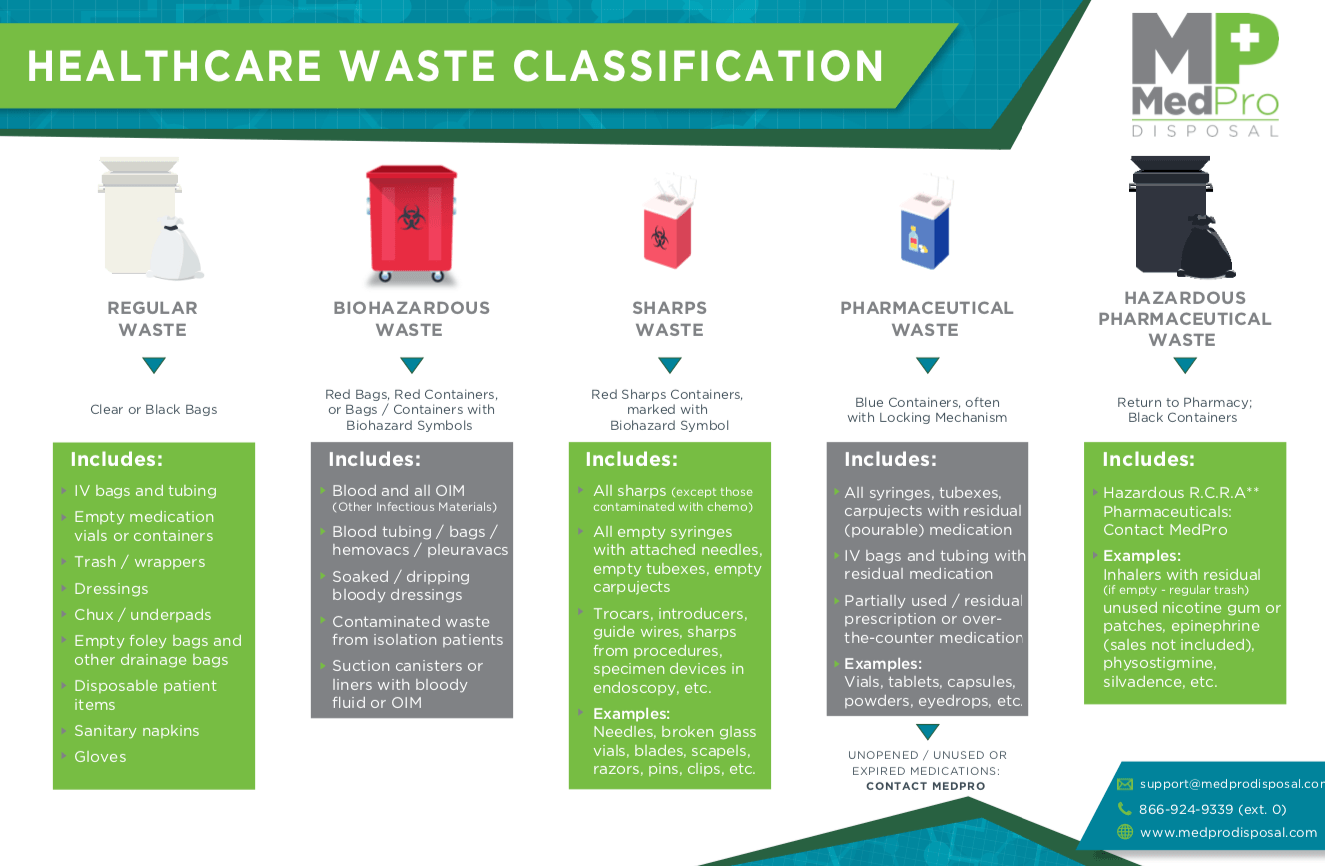The Value of Proper Garbage Disposal Practices
From the repercussions of incorrect waste disposal on our environment to the long-term implications for future generations, the significance of adopting sustainable waste monitoring methods can not be overstated. By discovering the ecological effect of irresponsible waste disposal, the advantages of recycling efforts, and the significance of area interaction in waste reduction initiatives, a deeper understanding of why appropriate waste disposal techniques are vital arises.
Environmental Influence of Improper Disposal
Inappropriate disposal of waste presents a considerable risk to the setting because of its detrimental results on ecosystems and human wellness. When waste is not properly managed, it can bring about pollution of the soil, water, and air, causing harm to various plant and pet species. click here. Chemicals and toxic substances from incorrectly disposed waste can leak right into the ground, polluting groundwater resources and affecting the health of both wild animals and humans
Furthermore, the build-up of waste in landfills generates greenhouse gases like methane, adding to environment change and global warming. Incorrect disposal methods additionally cause littering, which not only weakens the aesthetic worth of the setting yet can also harm wild animals via ingestion or complication.
To mitigate these ecological effects, it is vital for communities and individuals to adopt correct garbage disposal practices such as reusing, composting, and accountable contaminated materials disposal. By taking these actions, we can aid safeguard ecosystems, maintain natural deposits, and safeguard human wellness for existing and future generations.
Advantages of Recycling Programs
On a regular basis taking part in recycling programs provides numerous benefits for both the setting and culture all at once. Among the crucial benefits of recycling is the preservation of all-natural resources. By recycling materials such as paper, glass, plastic, and metal, much less basic materials need to be removed from the planet, resulting in lowered deforestation, mining, and exploration tasks. This preservation of resources not only aids in maintaining ecological balance but additionally adds to sustainable advancement.
Furthermore, recycling plays an important duty in reducing energy intake and greenhouse gas discharges. The production of goods from recycled materials usually requires much less power compared to manufacturing from virgin sources - medical waste removal. Because of this, the carbon footprint connected with the production process is dramatically decreased, aiding in the battle versus environment modification
In addition, recycling programs create task opportunities in the recycling industry, advertising financial growth and social welfare. By encouraging the recycling and reuse of materials, these programs support a round economic situation that minimizes waste generation and makes the most of resource efficiency, eventually bring about a cleaner, greener future for generations ahead.
Contaminated Materials Management Standards
Implementing efficient contaminated materials monitoring guidelines is crucial for minimizing environmental and health dangers related to the inappropriate disposal of dangerous products - click here. Proper handling, treatment, and disposal of dangerous waste are important to stop contamination of dirt, water resources, and air
One key guideline appertains labeling of unsafe waste containers to make sure safe handling and transportation. In addition, facilities must abide by rigorous storage requirements to stop leaks, spills, or mishaps that could endanger human health and the atmosphere. Routine training programs for staff members on contaminated materials administration practices are additionally important to make certain compliance with laws and advertise a society of safety and security.
Moreover, dangerous waste should be set apart based upon its homes to avoid chemical reactions that can bring about harmful scenarios. Implementing a detailed waste monitoring system can assist check the activity of dangerous products from generation to disposal, making certain openness and liability. By following these standards diligently, sectors and services can add to a more secure and cleaner atmosphere for future and existing generations.
Community Involvement in Waste Reduction
To efficiently resolve the ecological and health and wellness threats related to contaminated materials management, engaging the area in waste decrease campaigns is extremely important. Neighborhood involvement plays a vital duty in promoting lasting waste management techniques and fostering a society of ecological responsibility. By enlightening citizens concerning proper waste segregation, recycling, and composting strategies, neighborhoods can considerably lower the amount of waste sent to landfills, consequently minimizing ecological air pollution and saving natural sources.
Community participation in waste decrease programs also helps in elevating awareness concerning the value of waste reduction and motivates individuals to adopt green practices in their day-to-days live - medical waste removal. Joint initiatives in between local authorities, waste management business, and neighborhood members can cause the application of efficient waste reduction strategies customized to the specific needs of each neighborhood or community
In addition, community interaction fosters a feeling of ownership and liability among citizens, encouraging them to take aggressive actions in the direction of reducing waste generation and advertising a cleaner, much healthier environment for present and future generations. By working together towards usual waste reduction objectives, neighborhoods can make a considerable impact on minimizing the adverse results of inappropriate waste disposal practices.

Future of Sustainable Waste Practices
The development of lasting waste techniques is vital for advancing ecological stewardship and source preservation in the coming years. As the global populace remains to grow, so does the quantity of waste created (medical waste removal). Traditional waste disposal techniques, such as landfilling and incineration, are no much longer lasting in the long-term as a result of their substantial environmental effects. Relocating onward, the future of lasting waste practices hinges on accepting a circular economy approach, where resources are recycled, reused, or repurposed to lessen waste generation.
Technical developments play a vital function in shaping the future of sustainable waste techniques. Advanced waste sorting and recycling technologies can help boost the effectiveness of waste monitoring procedures, allowing for the recuperation of important sources from waste streams. Additionally, the adoption of biodegradable materials and composting methods can help in reducing the quantity of natural waste winding up in landfills, thus minimizing greenhouse gas discharges.
Moreover, promoting customer awareness and education on appropriate waste partition and disposal methods is essential for driving behavioral change in the direction of sustainability. By cultivating a society of waste recycling, reduction, and reuse, communities can collectively add to a cleaner and much healthier environment for future generations.

Final Thought
To conclude, correct garbage disposal practices are vital for reducing ecological effect and advertising sustainability. By implementing reusing programs, handling contaminated materials effectively, and encouraging neighborhood involvement in waste reduction efforts, we can function towards a cleaner and much healthier atmosphere. It is necessary for organizations, moved here individuals, and federal governments to prioritize lasting waste techniques for the future wellness of our earth.

From the effects of inappropriate waste disposal on our setting to the long-term implications for future generations, the relevance of embracing sustainable waste administration practices can not be overemphasized. By discovering the ecological impact of irresponsible waste disposal, the benefits of recycling campaigns, and the relevance of community interaction in waste decrease efforts, a deeper understanding of why proper waste disposal methods are essential emerges.
By educating citizens about correct waste partition, recycling, and composting techniques, communities can substantially reduce the amount of waste sent to land fills, thus decreasing environmental air pollution and preserving all-natural resources. (click here)
Moving onward, the future of lasting waste techniques exists in embracing a round economy approach, where sources are recycled, recycled, or repurposed to decrease waste generation.
Advanced waste sorting and recycling modern technologies can aid improve the performance of waste management procedures, allowing for the healing of beneficial resources from waste streams.